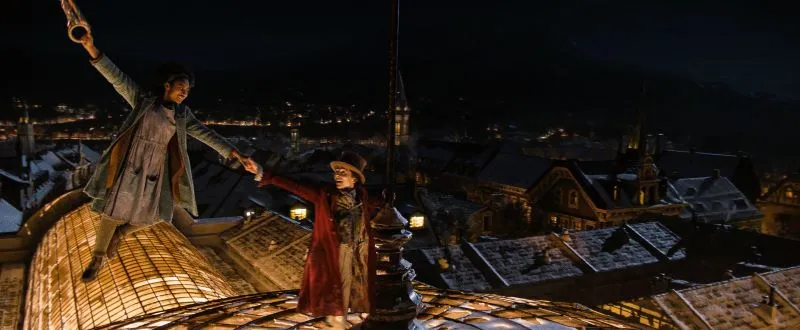The Hunger Games: The Ballad of Songbirds and Snakes movie review
The Hunger Games: The Ballad of Songbirds and Snakes ss the movie at the cinema
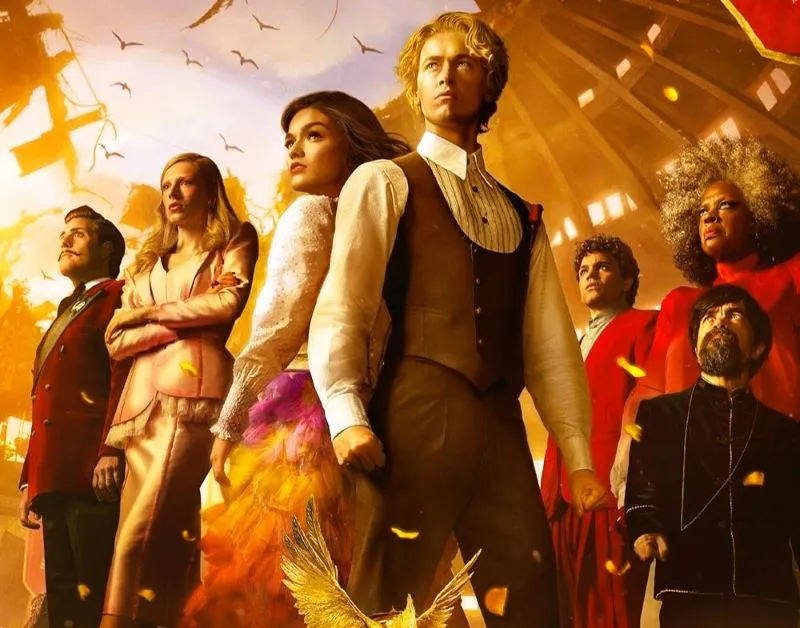
After eight years, The Hunger Games saga returns to satiate fans with the latest chapter, The Hunger Games: The Ballad of Songbirds & Snakes. Although a prequel in the story, boasting an entirely new cast, director Francis Lawrence is back in the driver’s seat for his fourth time, lending an encompassing quality to the look and feel of the picture.
Viewers can gear up for an origin story of wicked depth, as the curtain gets pulled back on the genesis of Coriolanus Snow, the antagonist previously portrayed by Donald Sutherland in the other films. Here, in his formidable years, the role is played by Dexter Sol Ansell. He is dropped into a predicament of sink or swim, fight or flight. A backstory tends to serve as a means to alter the way one views a character, or at least understand how they came to be.
The refreshing plot of The Hunger Games: The Ballad of Songbirds and Snakes
Set sixty-four years before the first film, we’re given a refreshing presentation relying less on CGI than its’ movie-franchise counterparts. Lawrence’s grounded and tangible approach conveys the societal inequities, those from districts draped in drab, gray colors, reflecting defeat and limitation, while crisp reds and blues of those from the capital exemplify prestige and security.
In his final year at the academy, hoping to obtain the coveted Plinth prize to lift his family from economic hardship, young Coriolanus learns he must win the games to do so. Markings of themes like loyalty, self-righteousness, and survival arise. Assigned the tribute of songstress Lucy Gray (Rachel Zegler, West Side Story) for the upcoming contest, Coriolanus is conflicted by feelings of pressure, sympathy, and a questioning of the games themselves, even in the face of head Gamemaker, Volumnia Gaul, played by an almost over-the-top Viola Davis. When she asks the students what the games are for, the young Snow wonders if they are even right. But his intentions to help his family remain priority, mincing between self-preservation and following his heart.
Upon Lucy Gray and Coriolanus meeting, vibes of a love story reverberate. This pulls the boy into a disposition for his tribute to not only win, but to live. The evolving relationship convolutes and molds his transformation. It’s next we see great camerawork when the games commence, longshots of pinpointed action sequences heightening the suspense.
The love story
Despite warming up to Gaul’s good side, Corio quarrels with the academy’s Dean Highbottom, a surprisingly underwhelming Peter Dinklage (Game of Thrones). While a fine actor, it’s as if he phoned this one in, even for the minimal screentime. Jason Schwartzman’s appearance as Lucky Flickerman, the games’ host, not only serves as the feature’s comic relief, but also delivers its’ best dialogue, and most solid performance.
Scorsese and Nolan may have wagered on three-plus hours for their recent offerings, but one could question if the latest Hunger Games warrants the two-hour, thirty-seven-minute run time, split into three chapters. Frustratingly, the third act is the best part of the whole film. Avid followers may have no qualms pushing past, but the casual watcher could struggle to reach the meat and potatoes of the flick.
After being banished as a Peacekeeper to the district where Lucy Gray lives, persisting amidst tense points of love, distrust, and paranoia, the adventure culminates with Corio’s return to the capital. Asked again by Gaul what the games are for, the reshaped young man shares his new understanding, affirming that “snow always lands on top.” At least for now.
© All rights reserved
You Might Be Interested
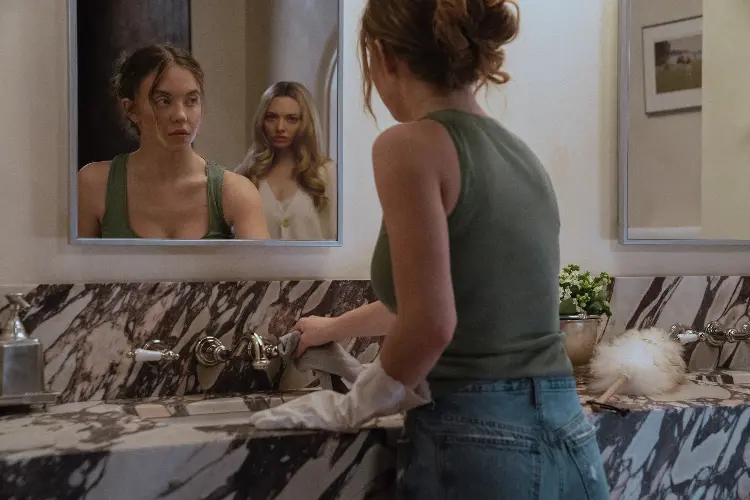
Review of The Housemaid: Sydney Sweeney stars in new thriller
The Housemaid boasts shocking twists under a poker face, but shows its’ cards too early
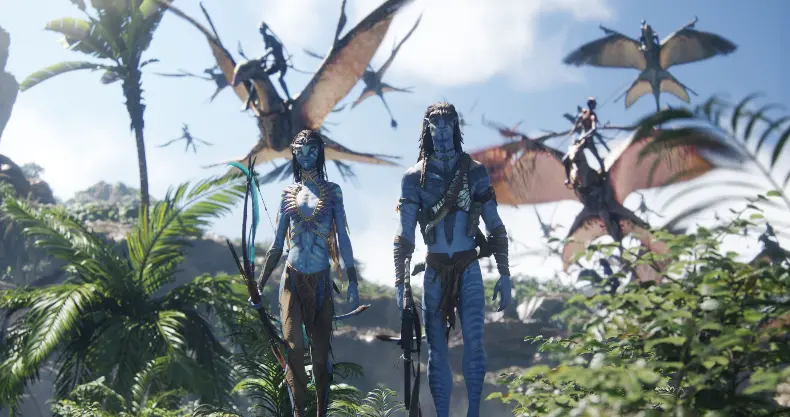
Avatar: Fire and Ash review: James Cameron is back for box-office blood
The Oscar-winning filmmaker’s latest wrestles between mesmerizing optics and deep storytelling, tiring itself out.
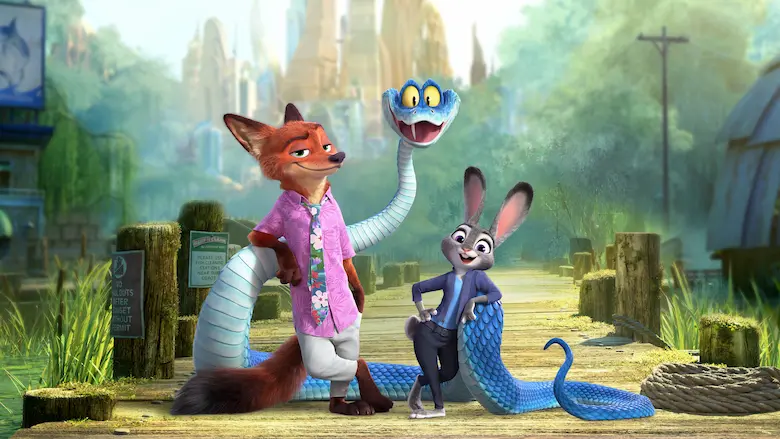
Zootopia 2 review: Disney Animation’s sequel pushes visual boundaries
Proving the first film was no one-trick pony, Disney grabs the bull by the horns for a second amusing animal adventure
-Bufo-(credit)-Max-Smeds.jpg)
Review of Shadowland, the documentary about Richard Stanley
Directed by Otso Tiainen, in competition at the Torino Film Festival
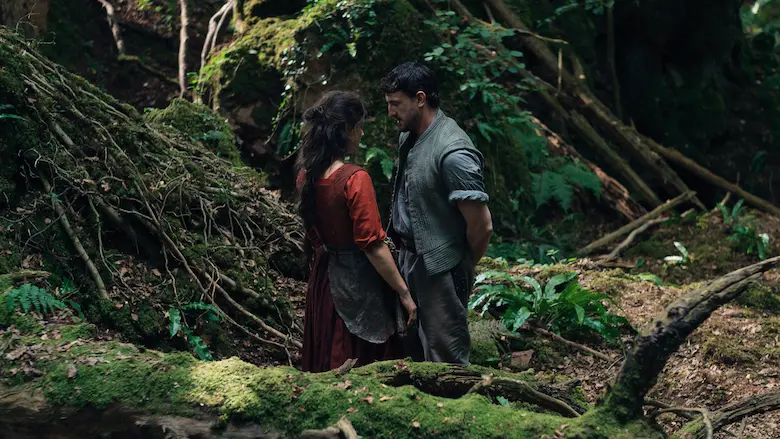
Hamnet review: Metamorphosis in the life of Shakespeare, with Paul Mescal, Jessie Buckley
To be or not to be; director Chloé Zhao answers yes with the story that conceived Shakespeare's seminal Hamlet

Movie review Running Man
The film is a remake of the 1980s cult classic starring Schwarzenegger.
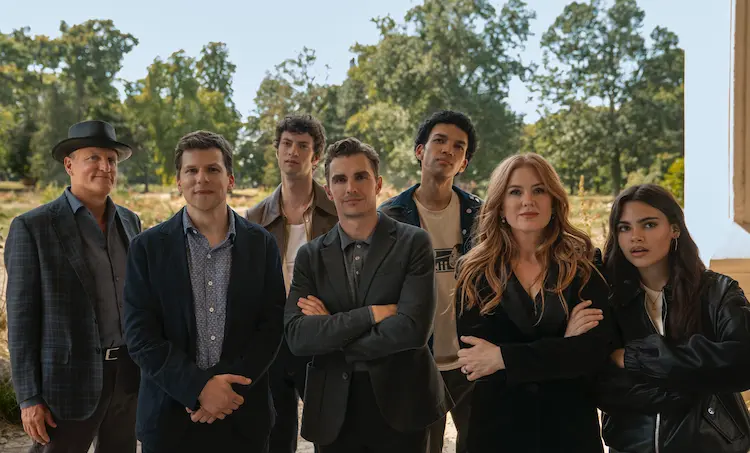
Now You See Me: Now You Don’t; The series’ latest struggles to spellbind
The next stage of the magical mavericks leans on humdrum hocus-pocus to pull Rabbit out a hat at the box-office
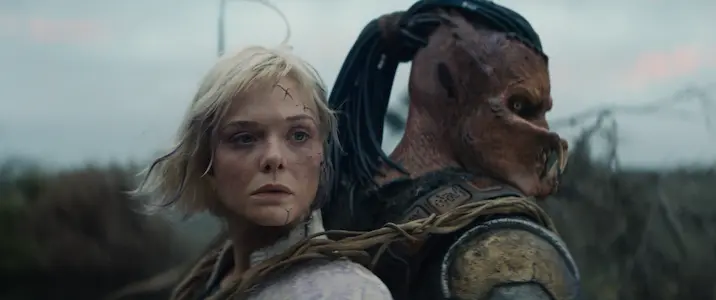
Predator: Badlands reshapes the genre classic in the new movie
A new angle on the unearthly huntsman hopes audiences “Get to the choppa!” and take it straight to the theatre


.webp)
